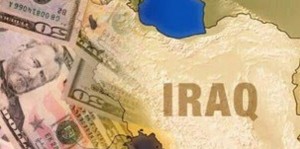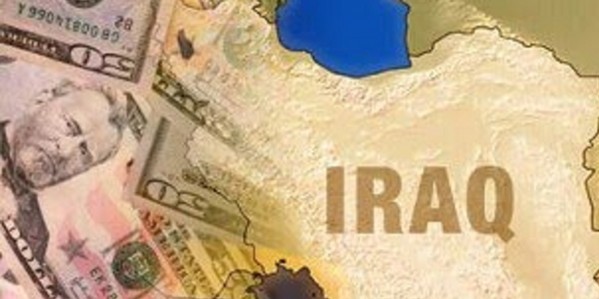 Iraq’s Deputy Prime Minister for Energy, Hussain al-Shahristani, revealed the investment plans of the country to British businessmen during an investment conference in a bid to lure them into investing in the country as they struggle to rebuild from what the U.S. led invasion that toppled Saddam Hussein 2003 has left behind.
Iraq’s Deputy Prime Minister for Energy, Hussain al-Shahristani, revealed the investment plans of the country to British businessmen during an investment conference in a bid to lure them into investing in the country as they struggle to rebuild from what the U.S. led invasion that toppled Saddam Hussein 2003 has left behind.
He said that there are plans to invest almost $500 billion in energy and linked industries between now and 2030 and that the government is counting on the private sector to attain such an objective. These investments are estimated to generate around $6 trillion in revenues, which will largely be derived from oil exports, for the government and almost a quarter of a million job opportunities. The private sector is expected to pump in $80 billion of the amount.
The country depends heavily on oil and has the world’s fourth largest oil reserves. It now produces more than 3 million barrels per day (bpd), the first time in three decades, and it is hoping to double that number in the next three years as investments from major companies continue to grow.
However, al-Shahristani highlighted that investment is needed in almost every sector because they are lagging behind when it comes to economic development. Power shortages have been common after the 2003 invasion and the Deputy Prime Minister for Energy signaled that there are plans to upgrade and build new power projects to solve chronic electricity shortages. “The ministry of electricity is also planning to upgrade the existing and the new gas turbine stations from single to combined cycle to increase power to about 30gigawatt in 10 years,” he said. There are also projects to build solar power stations in isolated desert areas and interested companies are welcome, he added.
Iraq hints energy investment projects
